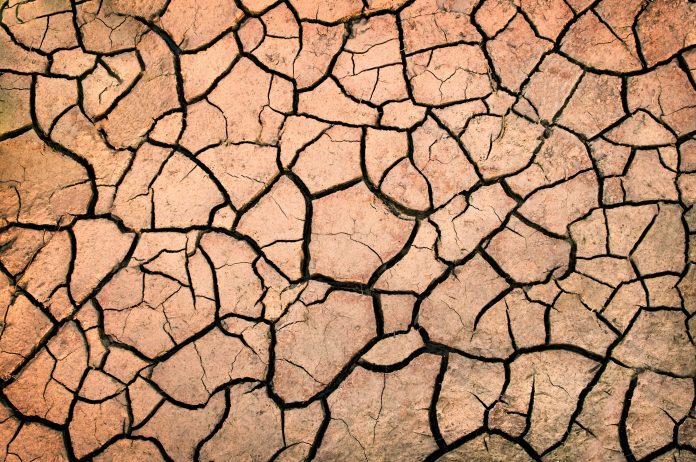Climate change is behind all of the great humanitarian challenges. We must do more to combat it, argues Aamir Mumtaz, Water, Sanitation and Hygiene Programme Manager at Human Appeal Pakistan
Extreme weather, paired with the COVID-19 pandemic has devastated millions of lives around the globe. Whether it’s tropical storms across Southeast Asia, the Caribbean and the Pacific or the prolonged drought in sub-Saharan Africa, extreme weather combined with COVID-19 made economic downturns worse, disrupted food chains, and made it harder to get humanitarian assistance to those who needed it.
Understanding the scale of the problem
For many people in developed countries, the impact of climate change comes from a particularly hot or cold day that can often be resolved by flicking a switch on the wall. For millions of other people, the impact simply destroys lives. According to the International Federation of Red Cross and Red Crescent Societies, in 2020 around 50 million people were impacted by climate-related disasters and COVID-19. (1)
Earlier this year, the UN estimated that in each year since 2010, an average 21.5 million people have been forced to move due to weather emergencies. The same set of data estimated that around nine in 10 refugees came from countries that are among the least able to cope with and adapt to climate change and that these countries were already hosting around 70% of people who had been displaced by conflict or violence. (2)
So we know that climate change is inextricably linked to poverty and conflict, and while tackling climate change won’t solve all of these issues, it will go a long way to establishing stable communities and societies, vastly reducing the number of ‘climate refugees’ and eventually allowing precious humanitarian resources to be directed towards other people in need.
How charities are helping
I’m based in Pakistan, which, according to this year’s Global Climate Risk Index is in the top 10 countries most adversely affected by climate change. (3) In my role, I have directly witnessed the devastation climate change has brought to vulnerable people through its effects on water resources, agriculture & food security, and I have first-hand experience of developing strategies and programmes designed to help people protect their lives and communities.
The solutions that have been implemented in recent years by humanitarian organisations have had to be more flexible, climate-sensitive & strategic than ever. Communities need to be made aware of the causes and impact of climate change, as well as mitigation techniques.
The changing climate means that communities can be affected by drought one month and floods the next, so they need adaptable solutions that can withstand changes in extreme climates. Electric and fuel-powered water pumps need to be converted to solar, and irrigation solutions like drip irrigation need to be adopted so that less water is consumed. These need to go hand in hand with drought-resistant farming techniques too.
Community institutions need to be developed, and leaders trained so that these solutions are sustainable and the knowledge can be passed on throughout regions and generations.
Seasonal campaigns have also become more commonplace across the humanitarian sector, as refugees in camps in places like Syria and Lebanon are facing increasingly brutal winters, with little to protect them from the elements.
Charities also often launch emergency campaigns in response to disasters around the world, and in recent years there has been a real sense that more of these have been in response to climate events, as opposed to conflict. Overall, it feels like charities are doing more than ever in response to climate issues, but a greater level of coordination across sectors is needed to make a widespread change.
International agreement and action are crucial
In late October and early November, the UK is set to host the UN Climate Change Conference (COP26). The international community has already begun talking about climate change more, especially in the wake of recent flooding in western Germany, and the conference provides the perfect platform to amplify the voices of people for whom climate change is already an existential threat.
I am delighted to see the commitment to restoring ecosystems and ensuring resilient infrastructure and agriculture. I know from seeing the results of the work of my organisation and others that this strategy works. It lifts people out of poverty and creates sustainable communities able to withstand whatever Mother Nature throws at them, whether they’re living near a flood plain or in the middle of the driest desert.
Finally, it’s great to see COP26 declare that greater collaboration between governments, businesses and civil society is necessary to get to grips with climate change. None of us can tackle this issue alone, and it’s more vital than ever that we get this right now.











